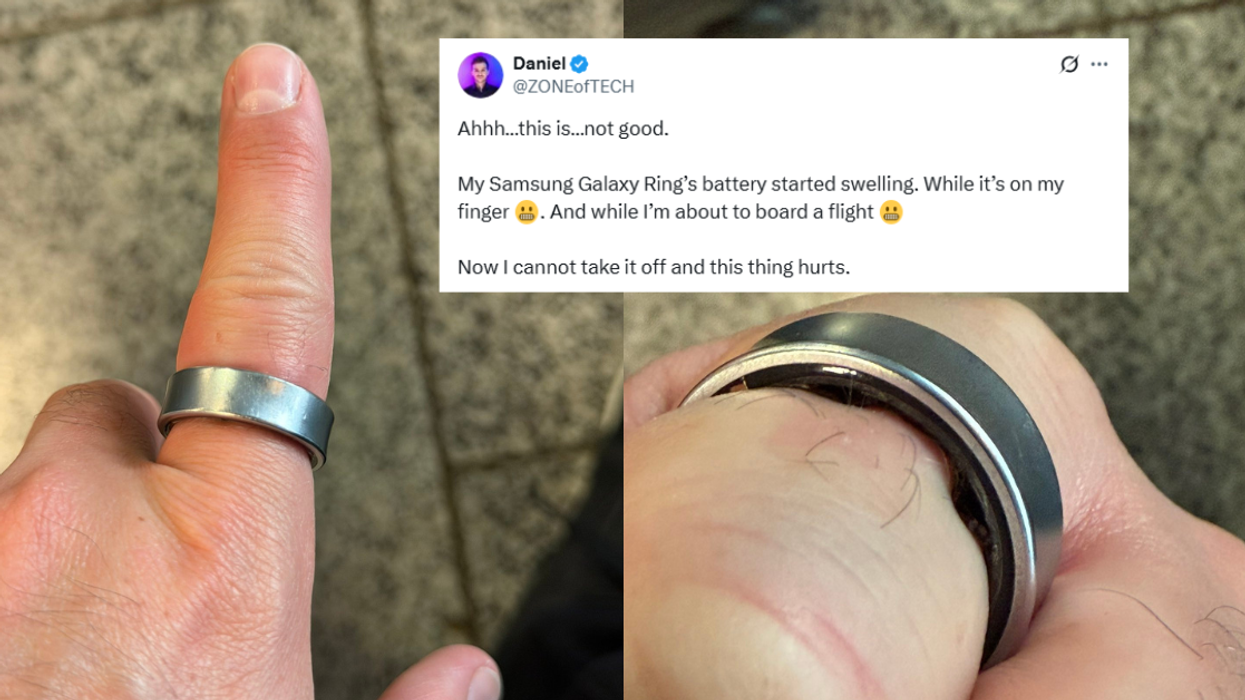An ambitious high flyer revealed how a terrifying brain condition made him a "kinder man," after struggling with hallucinations.
Martin Bailey started feeling shivery and strange back in December 2014. He was heading the metering operational management centre for Anglian Water when he started experiencing weird symptoms.
At first he thought he had the flu.
“I felt quite peculiar and very tired. I thought maybe it was the flu, although my mind was telling me there was something seriously wrong," he said.

His colleagues were quick to realize something was off.
“They told me I was missing meetings and turning up for meetings that weren't happening," he said.
“I was feeling shattered and by the start of the 2015 New Year, I knew I was sick and went to the doctor, who diagnosed a chest infection and sent me away with antibiotics."
But soon, his wife Angella realized it was more serious than they thought.
“Then things started to go really a bit crazy. I'd come down from the bedroom in the morning wearing different colored socks, or a shirt and a tie and shorts. I wanted to get back to work, but Angella stopped me and said, 'You're not going anywhere,'" he said.

“One evening, she got back from work and I was in the bath. She asked what I'd been up to, as I was still on sick leave, and I told her Geoff from next door had been in and had talked to me about a problem with his water bill, while I was in the bath," he said.
“That hadn't happened at all, but my mind was telling me it had. It was absolutely nonsensical."
Convinced something was wrong with him, Bailey returned to the doctor's office, and was prescribed antibiotics.
“Things got worse over the next week or so, until my wife called an ambulance," he said.
“All I remember is getting progressively slower. My mind wasn't working at all. It was like walking through treacle."
Bailey was taken to Hinchingbrooke Hospital in Cambridgeshire, where the results of MRI and CT scans showed something was happening to his brain.

“The doctor said it might be a brain tumor or brain cancer or encephalitis which I had never heard of," he said.
“I remember feeling like the doctor was talking to someone else and as if I was just watching it happen. I also said I hoped it was encephalitis, because I didn't know what it was, whereas I knew the other things could kill you."
Bailey was diagnosed with encephalitis, and was told his condition was the result of an infection brought on by the common herpes simplex virus.
“I don't remember a lot about that whole period, but I do recall feeling like it wasn't happening to me," he said.
“Angella was fabulous. She was there all the time at the hospital and her employer allowed her to take three months off work to look after me."
Several months later he was cleared for work, but realized he was not equipped to go back to his job.
“I have had to accept I am a very different person now," he said.
“It's like my brain has been completely redesigned. I'm not driven by the same things. I don't think in the same way."
“At first, I thought my life was over. I thought I'd struggle to work again and wouldn't be able to do much at all. It took a good 18 months to accept that I was now a different person."

But Bailey soon realized how lucky he was to be alive.
According to the Encephalitis Society, 6,000 people a year in the UK are diagnosed with the condition, and it's fatal in 20 per cent of cases.

Bailey found a different passion . He began putting stories together for local media for Christian Aid, before he was well enough to return to full-time employment. And he believes that made him more compassionate.
“The biggest change is that I now care about other people," he said.
“When I was really successful and living in the corporate world, I was so focused on results, I just never thought about the people. I wasn't a bad manager. I tried to treat people well, but these days, all I do is think about people."
Soon after his recovery, Bailey met and befriended a man who sold the magazine for the homeless, the Big Issue.
“Like everyone else, I used to just walk past and ignore him, then one day, he said to me, 'Have a good day, be lucky,'" he recalled.
“That made me stop. I thought, 'This is a Big Issue seller telling me to be lucky. Who am I to just walk past him?'"

In the two years between coming out of hospital and returning to paid work, Bailey also took on an allotment, which he said greatly helped with his recovery.
“I was there 12 hours a day every day," he said. “It played a key part in my mental health recovery – just having the peace and having the time to sit and watch the bees and the birds."
“I'd never done anything like that before and would have laughed if you had told me in my previous life that I would be spending time on an allotment."

He is now about to move into the civil service, working as a pensions adviser.
He also believes his wife played a huge role in his recovery.
“I was relatively successful until I had encephalitis and the future looked really great. I realized back then, when I was climbing the career ladder. I thought I had to be successful to have a partner like Angella, but now I know she's nothing like that," he said.
“I've had to battle to come to terms with the person I am now, and I couldn't have done that without Angella's support. We have a very strong relationship, we laugh at the same things and I've always been very positive, even though that has been challenged."
“There were times when I must have been extremely difficult to live with because of the encephalitis. Your mind plays tricks but if I was questioned, I would get quite angry. I'd never been like that before, so part of me wondered why on earth anyone would stay with me."

"I can't imagine what it must have been like for her, not knowing whether she was going to have to become a full-time carer, because in those early stages, there was no guarantee I would recover," he said.
“I've always loved Angella but this just shows what a diamond she is."

“I feel lucky to be alive. Encephalitis is a life changing event which makes you reappraise what is important," he concluded.
“Life is short and everyone is on a different journey. You don't know what they're going through so just try and be nice."
For more information visit www.encephalitis.info

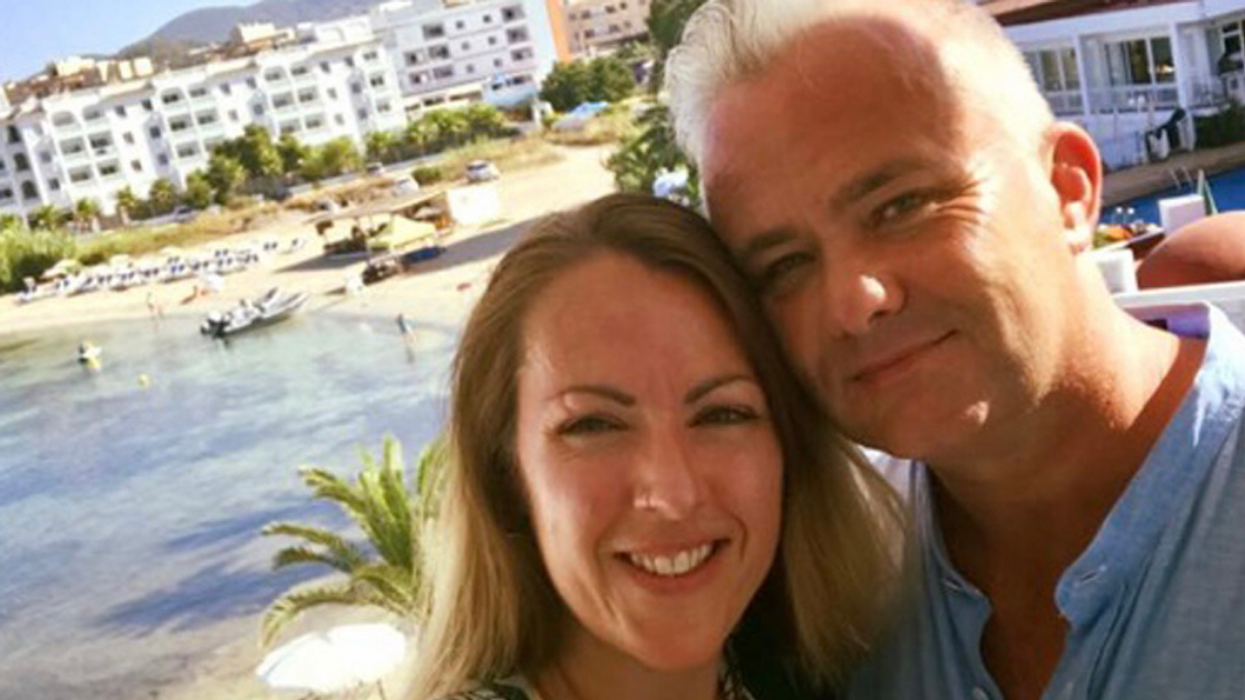





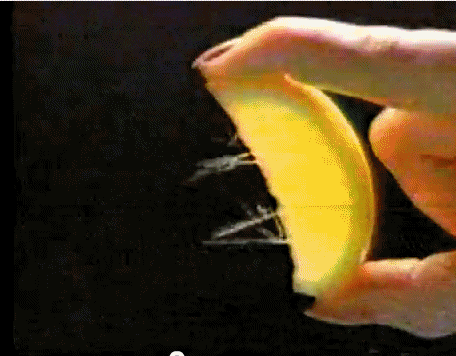 Lemon Juice 80S GIF
Lemon Juice 80S GIF  Michael Myers
Michael Myers 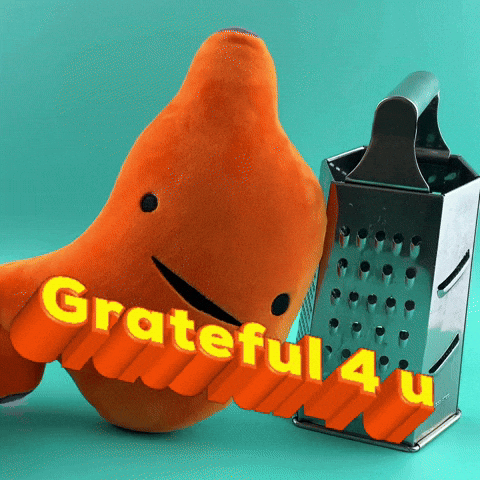 Give Thanks Eating GIF by I Heart Guts
Give Thanks Eating GIF by I Heart Guts  Gordon Ramsay Fox GIF by HULU
Gordon Ramsay Fox GIF by HULU 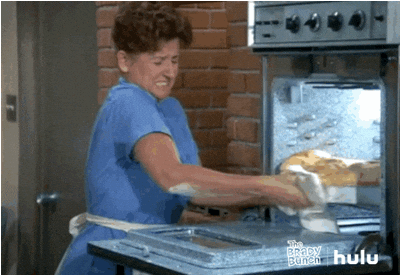 baking ann b. davis GIF by HULU
baking ann b. davis GIF by HULU 

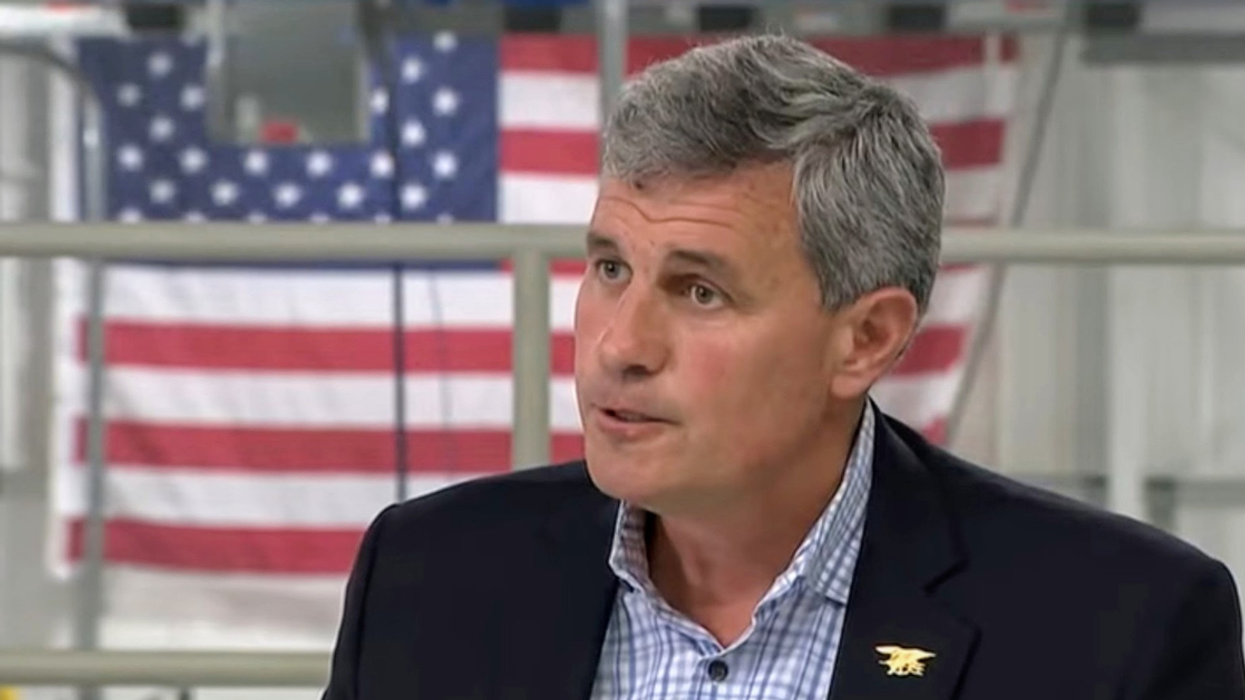

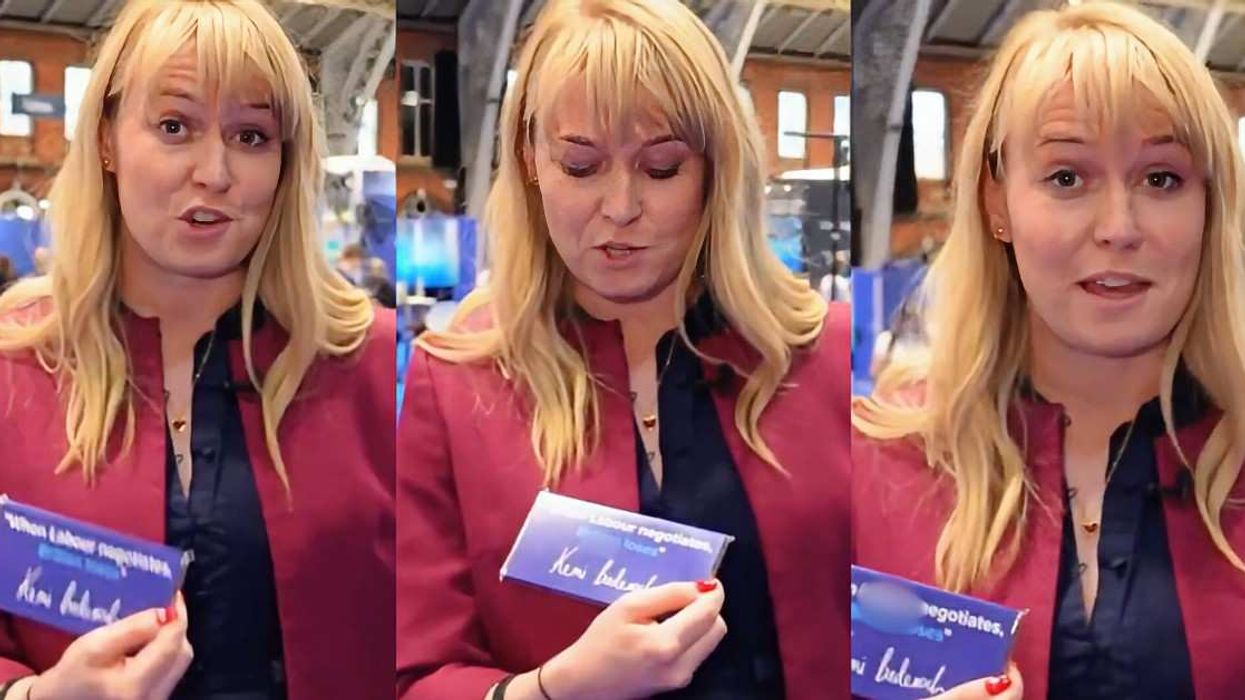

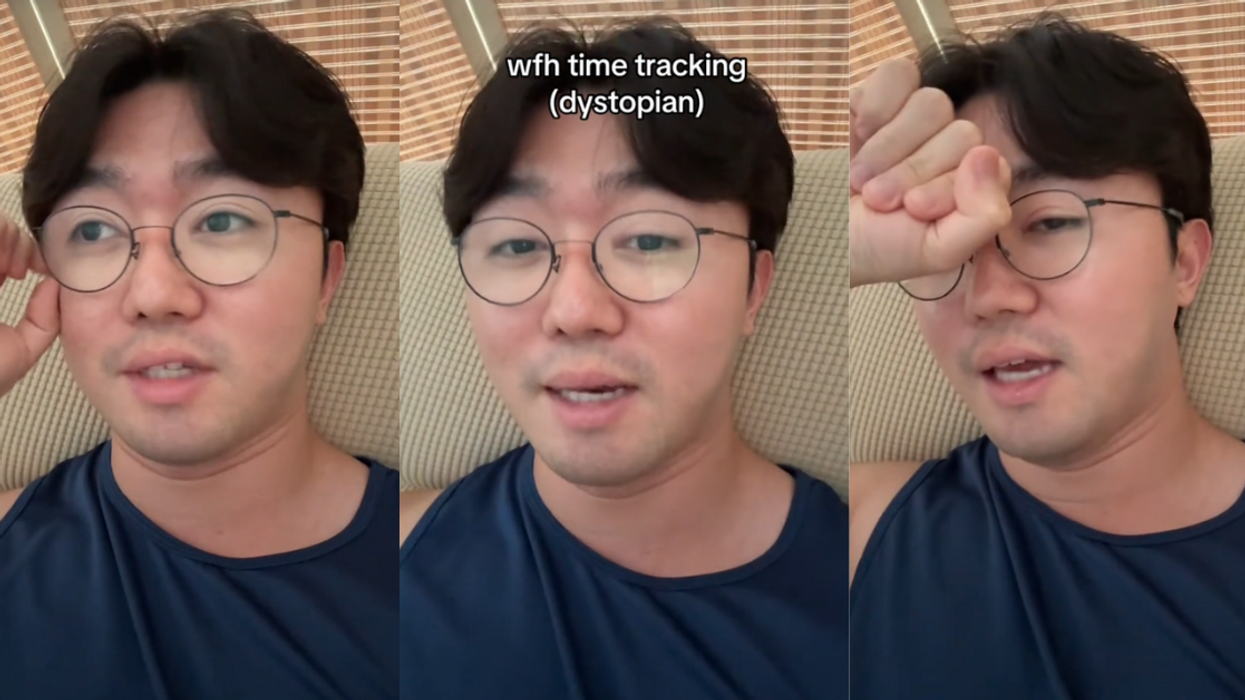
 @timleesblee/TikTok
@timleesblee/TikTok @timleesblee/TikTok
@timleesblee/TikTok @timleesblee/TikTok
@timleesblee/TikTok @timleesblee/TikTok
@timleesblee/TikTok @timleesblee/TikTok
@timleesblee/TikTok @timleesblee/TikTok
@timleesblee/TikTok @timleesblee/TikTok
@timleesblee/TikTok @timleesblee/TikTok
@timleesblee/TikTok @timleesblee/TikTok
@timleesblee/TikTok @timleesblee/TikTok
@timleesblee/TikTok @timleesblee/TikTok
@timleesblee/TikTok @timleesblee/TikTok
@timleesblee/TikTok
 @skylr.m/TikTok
@skylr.m/TikTok @skylr.m/TikTok
@skylr.m/TikTok @skylr.m/TikTok
@skylr.m/TikTok @skylr.m/TikTok
@skylr.m/TikTok @skylr.m/TikTok
@skylr.m/TikTok @skylr.m/TikTok
@skylr.m/TikTok @skylr.m/TikTok
@skylr.m/TikTok @skylr.m/TikTok
@skylr.m/TikTok @skylr.m/TikTok
@skylr.m/TikTok @skylr.m/TikTok
@skylr.m/TikTok @skylr.m/TikTok
@skylr.m/TikTok @skylr.m/TikTok
@skylr.m/TikTok @skylr.m/TikTok
@skylr.m/TikTok @skylr.m/TikTok
@skylr.m/TikTok @skylr.m/TikTok
@skylr.m/TikTok